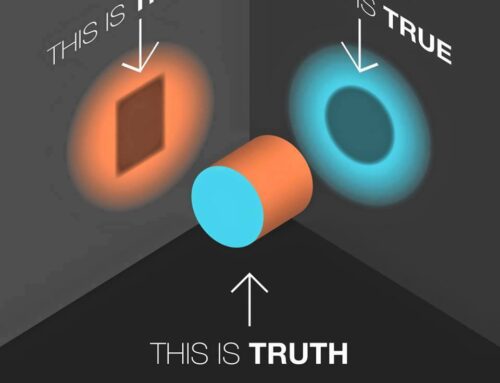Want to get something done? Want to be happy? Meditate don’t multitask.
This insight dramatically changed my perspective on multitasking, time management, and my limiting belief that ‘I don’t have time.’

When my friends and I landed in the airport on the way back from an incredible inspirational speaker training in Las Vegas with Les Brown, we were excitedly coming up with ideas we wanted to implement when we got home. My friend, Dr. Destia Skinner, a brilliant naturopathic doctor, paused to type one of the ideas into her phone, while we continued to talk and make our way to baggage claim. As she gracefully negotiated the other travelers with her head down and fingers flying across the phone, I began to marvel at the incredible power of the brain to be able to parallel process so much information at the same time and still be effective.
Of course in layman’s terms, she was multitasking. A process women do with ease and grace – well, at least we like to think we do. We pride ourselves on our multitasking ability. Sorry to disillusion you my friends, neuropsychological research shows that when you are multitasking your brain is working extremely inefficiently. You have very little bandwidth (if any) for creative thinking or problem solving. And, you have ZERO ability to change habits when you are multitasking. I knew this was true, but I never really understood why until that thoughtful moment of awareness in the airport.
I imagined Dr. Destia’s mind, neuronal networks firing with all of these exquisitely learned automatic processes all going on at once. Her body gracefully weaving in and out of the pedestrian traffic; her fingers agile on the tiny phone keyboard. Just like her breathing and her heart beat, it was all happening automatically. And, in addition to the movements that I could observe, I knew there were also well practiced thought patterns in her head running in sync, like well oiled gears.
I knew that in the midst of multitasking, she would not be aware of those thought patterns; they would just be running in the background getting stronger and more practiced. The problem is that 80% of our thoughts are negative and about 90% of those go undetected by our conscious minds – less if we are multitasking. Negative thought patterns, if left unchecked, give rise to anxiety and depression.
All of a sudden I got this insight into my own mind. When I am not in the office seeing clients, I have the habit of multitasking. And with email, cellphones, Facebook, Twitter, YouTube and constant internet access, it has become pretty much all of the time. I have noticed recently a repetitive series of negative thoughts that look something like this: “I don’t have time for this, I am not getting the important things done, I need to finish that, I can’t focus on that right now, I can’t focus on anything right now, why can’t I get anything done, what is wrong with me, I need to be more efficient, why can’t I even keep my house neat and tidy? Where does all of my time go? I must not be good enough.” It never seems to end. When I was doing laundry, I would be thinking of something else more important I needed to do. When I was trying to focus on the important things, I would be distracted by the timer going off on the drier or the text coming in, or my email box that I imagined was magically filling with important messages as I worked. What if I missed a message from you?
Sound familiar? All of these automatic negative thoughts were causing mental turmoil and stress.
Truthfully, this is not how I chose to live my life. Because I knew these thought patterns were loaded with ineffective, limiting beliefs, I have been working to change them but progress was slow Now, I know why – when I multitasked it allowed this thought pattern to run wild, completely unchecked. Not because I wasn’t committed, not because I wasn’t smart, but because my brain didn’t have the bandwidth to notice them when they were happening. As Les Brown says, “You can’t see the picture if you are in the frame.”
So what is the solution? Quit multitasking and meditate. Schedule time to do both the important tasks and the menial ones in your calendar. When the scheduled time arrives, focus on the task at hand and if you get distracted, remind yourself you have time set aside for the other tasks. Make sure that you schedule 10-20 minutes of meditation early in the day to refresh your mind. This way you can relax, focus, and get things done.
While it might seem miraculous and incredible that our magnificent brains can multitask as well as they do, it is sort of like running your car without oil; you can do it for a while but if you keep it up too long, it will break down. Instead, work with the expansive, but limited, capacity of your mind. Practice meditation. Relax. Focus on the task at hand. And, be happy.
“Happiness is when what you think, what you say, and what you do are in harmony.” – Mahatma Gandhi





